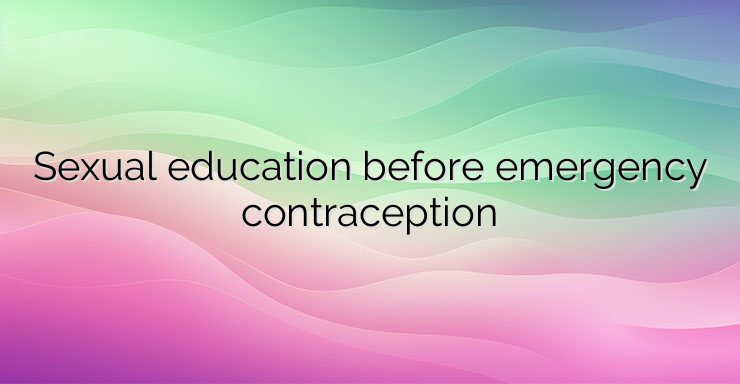Emergency contraception is widely available – it does not require a prescription in pharmacies. Many consider this dangerous, citing the risk of creating the wrong impression among the uninitiated that emergency contraception is protective against sexually transmitted infections and other myths. Free access to emergency contraception provides a way to avoid unwanted pregnancy without the intervention of parents or GPs for young people. However, this should not become an occasion to “lower your guard” regarding sexually transmitted infections. The only way to effectively deal with myths is not to limit access to contraception, but to improve public awareness and health culture. This, in turn, can be achieved above all by devoting sufficient attention to sexual and reproductive health in schools. Sex education is the only way young people can be effectively protected and not fall victim to the many myths surrounding contraception and sexually transmitted infections. NEWS_MORE_BOX Teenage girls and young women should know that emergency contraception is not intended for regular use, but is mostly a last resort. Although these pills contain large amounts of sex hormones, the alternatives – unplanned pregnancy and/or abortion – are far more serious than any potential side effects. The fact that emergency contraceptives are the only hormonal preparations without contraindications is precisely due to the rarity of their use, which in most cases should be limited to 2 times a month. Taking a tablet 1-2 times more often requires choosing a reliable contraceptive as a permanent one, since there is a serious risk of extramenstrual bleeding, at least as a side effect. Sexual education in general is necessary not only to familiarize with the possibilities of modern contraception, but also to protect against sexually transmitted diseases. Infections are also transmitted by a single sexual contact and are not selected by age and social status. Health culture is a key element in efforts to overcome the huge social and societal burden of sexually transmitted diseases and teenage pregnancy.


Leave a Reply